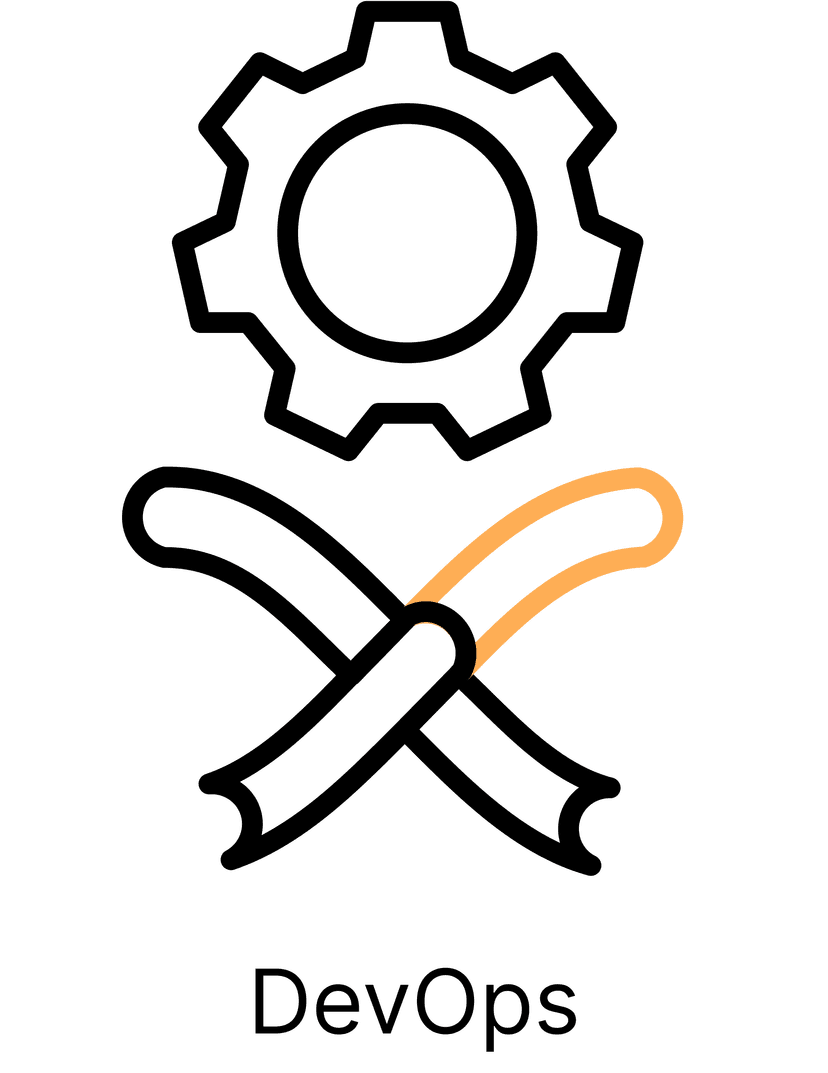DevOps

What is DevOps?
Definition
DevOps is a combination of development (Dev) and operations (Ops), practices that aims to improve collaboration between software developers and IT operations teams, leading to faster and more reliable software delivery.
Analogy
Imagine a restaurant where the chefs (developers) and the waitstaff (operations) work independently without communicating with each other. The chefs might create amazing dishes, but if the waitstaff doesn't know how to serve them properly, customers will have a poor dining experience. DevOps is like having a well-coordinated team in the restaurant, where the chefs and waitstaff communicate effectively to provide a seamless and enjoyable experience for the customers.
In other words
DevOps is the collaboration between software developers and IT operations teams to deliver high-quality software quickly and efficiently.
Why is DevOps important?
It's one thing to know what DevOps is, but that is worthless if you don't know why you should know what a code repository is in the first place. Let's break down the importance of this tech term based on two high-level categories. We'll walk through an explanation as well as provide a score, 1-10, that shows you how much you should care about DevOps.
Pre-Product: 4/10
If you don't have a product yet, DevOps might not be your top priority. However, understanding its principles can help you build a strong foundation for your future product. By learning about DevOps early on, you can ensure that your development and operations teams collaborate effectively from the start, leading to a smoother product launch and continuous improvement.
Live Product: 8/10
If you have a live product, DevOps becomes crucial. Implementing DevOps practices can help you streamline your software delivery process, reduce downtime, and improve the overall quality of your product. With effective collaboration between development and operations teams, you can quickly identify and resolve issues, making your product more reliable and user-friendly.
Examples of DevOps
So you know what DevOps is, by definition. You know if you should care about it or not depending on your situation as a business/company/product. To dig in deeper, we will walk through some tools and processes so we can make sure you really have a solid grasp on DevOps.
Continuous Integration and Continuous Deployment (CI/CD)
CI/CD is a key DevOps practice that involves automatically building, testing, and deploying software changes to production. This process enables developers to catch and fix issues early in the development cycle, reducing the risk of introducing bugs and ensuring that new features are delivered to users quickly.
Infrastructure as Code (IaC)
IaC is a practice where infrastructure configuration is managed and provisioned using code, rather than manual processes. This enables teams to automate the creation and management of infrastructure, making it easier to scale and maintain the systems that support your product.
Monitoring and Logging
Effective monitoring and logging are essential for understanding the performance and health of your application. By collecting and analyzing data from your systems, you can quickly identify and resolve issues, ensuring that your product remains reliable and performant.
Collaboration Tools
DevOps relies on strong communication and collaboration between teams. Tools like Slack, Microsoft Teams, and Jira can help facilitate this communication, making it easier for developers and operations staff to work together and share information.
Key Takeaways:
- DevOps is the collaboration between software developers and IT operations teams to deliver high-quality software quickly and efficiently.
- If you do not yet have a product, understanding DevOps principles can help you build a strong foundation for your future product.
- If you do have a product, implementing DevOps practices can streamline your software delivery process and improve your product's reliability.
- Examples of DevOps practices include CI/CD, IaC, monitoring and logging, and using collaboration tools.

